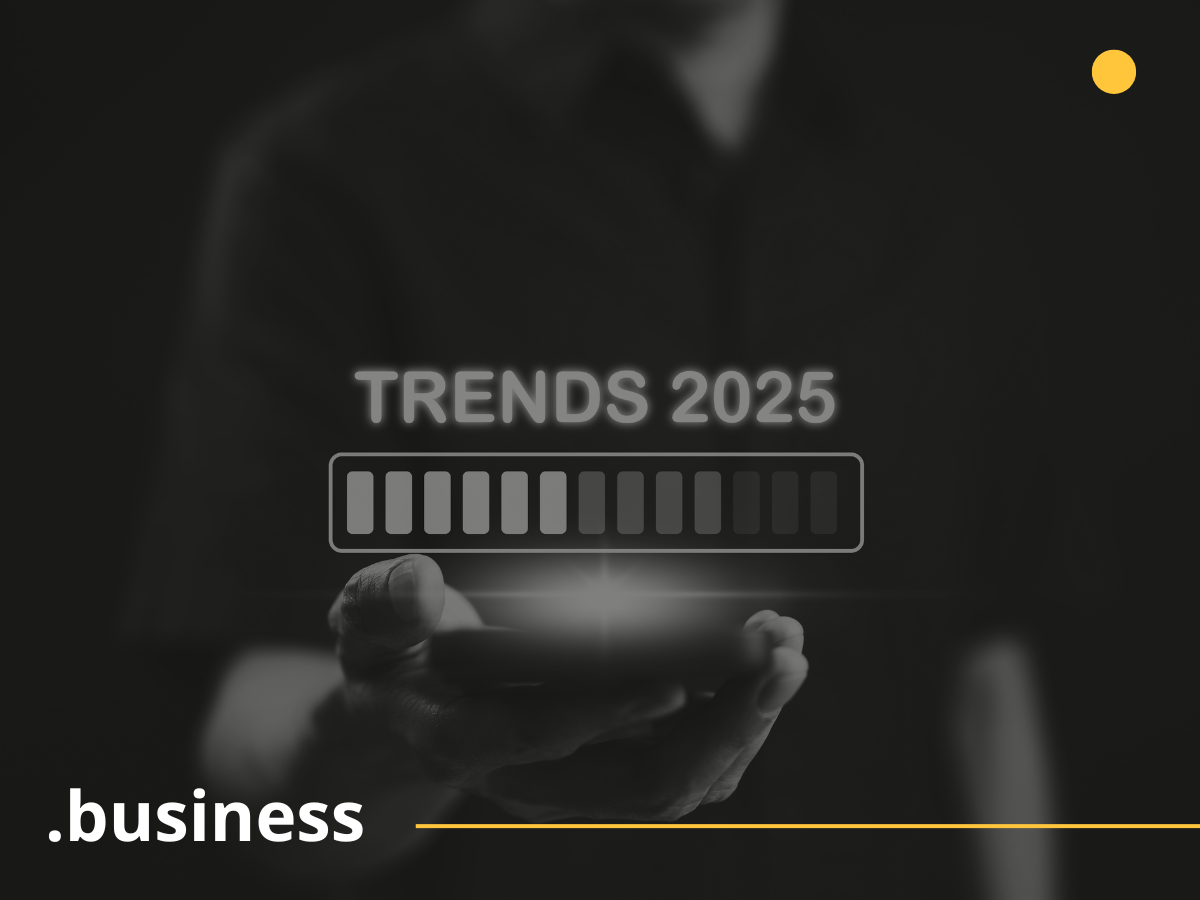Digital marketing is constantly evolving, and 2025 is shaping up to be a year of major transformations. For businesses looking to stand out, keeping up with trends is more than just a choice—it’s a crucial step to staying relevant and attracting new customers in an increasingly competitive market.
With technological advancements, customer-centric strategies, and new ways to communicate, the opportunities for e-commerce and digital businesses are vast. The real challenge lies in adopting strategies that drive tangible results, such as increasing engagement, fostering customer loyalty, and enhancing the customer experience.
In the following sections, you’ll discover the key trends that will shape the future of digital marketing. Learn how these innovations can transform your business and how to leverage them to stand out in the market.
Personalized Experiences with Artificial Intelligence
Providing customers with exactly what they need, at the right moment, is now a reality thanks to Artificial Intelligence. This rapidly evolving technology is revolutionizing how e-commerce brands connect with their audience.
With algorithms that analyze behavioral patterns in real time, businesses can create highly relevant shopping journeys. Personalized recommendations, more efficient chatbots, and automated campaigns are some of the features already making a difference.
This approach increases conversion rates, strengthens customer loyalty, and optimizes internal processes. In 2025, AI-driven strategies will become essential for achieving better results and building long-term relationships with consumers.
The Rise of Voice Commerce in E-commerce
Voice-command interactions are transforming how consumers shop online. With increasingly advanced virtual assistants like Alexa and Google Assistant, voice commerce is becoming a promising reality for e-commerce brands seeking to offer convenience and speed.
This technology allows customers to search for, select, and even complete purchases using only their voice. It simplifies the buying process, especially on mobile devices, where typing can be cumbersome.
Voice commerce also enables personalized strategies, such as recommendations based on order history. Businesses investing in this trend will be better positioned to serve consumers who prioritize convenience and innovative shopping experiences.
Immersive Content Marketing with Augmented Reality
Content marketing is taking on a new dimension with Augmented Reality (AR). This technology allows consumers to interact with products and services in a more engaging way, exploring details before making a purchase decision.
In e-commerce, AR transforms experiences by enabling customers to “try on” items—such as furniture in their home or accessories on their body—without leaving their house. In addition to enhancing the user experience, this trend builds trust in purchases and reduces returns.
With the growing adoption of AR-compatible devices, immersive content will become an essential tool for creating emotional connections and driving engagement. In 2025, AR is set to revolutionize marketing strategies, bringing brands and consumers even closer together.
Sustainability as a Competitive Advantage in Campaigns
Sustainability is no longer just a value—it has become a consumer demand. Companies that adopt responsible practices earn greater trust and stand out in an increasingly conscious market.
In e-commerce, this means investing in eco-friendly packaging, green logistics, and initiatives that promote mindful consumption. Additionally, campaigns that communicate transparency and environmental commitment have a higher potential for engagement, strengthening brand image.
As consumers become more aware of their environmental impact, integrating sustainability into marketing strategies will be a decisive factor in 2025.
The Expansion of Smart Omnichannel Strategies
Smart omnichannel strategies enable consumers to move seamlessly across different platforms without disruptions in their experience.
This approach integrates data from various interactions to personalize every step of the buying journey. A customer can start their search on a website, test the product in-store, and complete the purchase via an app—all in a connected and frictionless manner.
In 2025, the focus will be on further refining this integration by leveraging technologies such as Big Data and AI to better understand consumer behavior. Businesses adopting this strategy will be better equipped to meet rising customer expectations and foster loyalty.
Advanced Automation to Optimize the Customer Journey
Smart tools enable businesses to identify needs, personalize interactions, and reduce manual processes—boosting efficiency and speed.
In e-commerce, these solutions range from advanced audience segmentation to chatbots capable of providing quick responses and automated email marketing flows that drive engagement. Automation also reduces operational costs and optimizes resource use.
By 2025, automation will be even more deeply integrated into marketing strategies, ensuring brands deliver fast, consistent solutions at every consumer touchpoint.
Social Media as a Marketplace: The Rise of Social Commerce
Social media platforms are evolving from mere interaction channels into powerful sales hubs. Social commerce, which integrates shopping directly into platforms, is gaining traction and becoming essential for e-commerce brands.
Features like virtual storefronts, buy buttons, and integrated payments make the purchasing process faster and more accessible. Additionally, social media offers an environment where brands can engage their audience, boost recommendations, and build authentic connections.
The growth of social commerce promises to make these platforms some of the most important sales channels. Businesses that embrace this trend will be more in tune with new digital consumption habits.
Data as a Strategic Asset for Smarter Decision-Making
Data has become one of the most valuable assets in digital marketing. With advances in analytics technologies, companies can access detailed insights into consumer behavior, enabling more precise and effective strategies.
In e-commerce, data helps predict buying trends, identify opportunities, and personalize offers based on customer profiles. Big Data and AI tools simplify the analysis of large volumes of information, turning raw numbers into actionable insights.
Using data as a strategic asset will be essential for creating high-impact campaigns and making decisions that drive results, aligning marketing efforts with what the audience truly values.
The Future of Digital Marketing in 2025
The future of digital marketing in 2025 will be driven by innovation, integration, and an increasingly customer-centric approach. The trends outlined here illustrate how technologies and strategies can transform business results and strengthen the connection between brands and consumers.
For e-commerce businesses, staying ahead of these shifts means unlocking new opportunities and maintaining a competitive edge.
If you enjoyed this content, we recommend continuing your reading with the article “How Generative AI Is Fundamentally Changing the Way Companies Create Campaigns and Content.”




